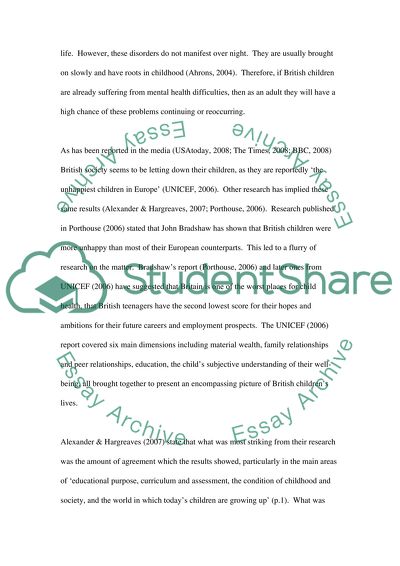Cite this document
(The Impact Of Social Support On Children's Mental Health Case Study, n.d.)
The Impact Of Social Support On Children's Mental Health Case Study. Retrieved from https://studentshare.org/psychology/1517778-health-psychology-master-essay
The Impact Of Social Support On Children's Mental Health Case Study. Retrieved from https://studentshare.org/psychology/1517778-health-psychology-master-essay
(The Impact Of Social Support On Children'S Mental Health Case Study)
The Impact Of Social Support On Children'S Mental Health Case Study. https://studentshare.org/psychology/1517778-health-psychology-master-essay.
The Impact Of Social Support On Children'S Mental Health Case Study. https://studentshare.org/psychology/1517778-health-psychology-master-essay.
“The Impact Of Social Support On Children'S Mental Health Case Study”, n.d. https://studentshare.org/psychology/1517778-health-psychology-master-essay.


